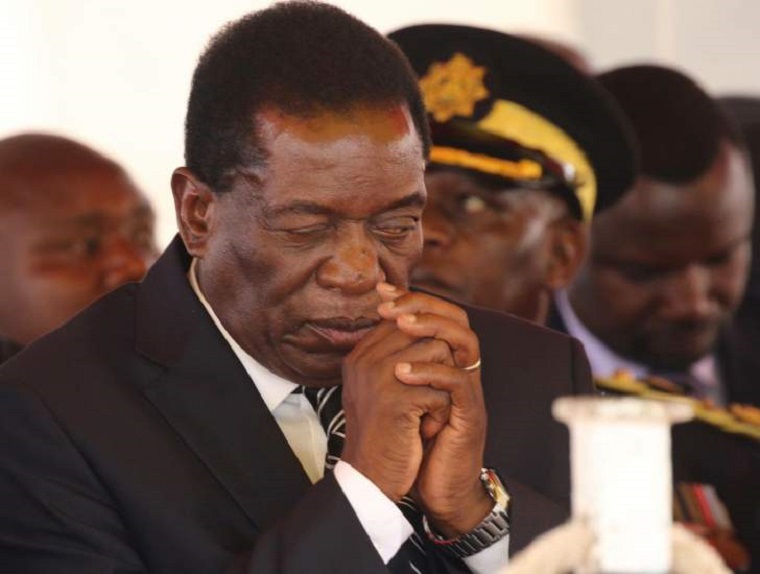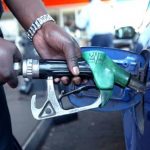 President Emmerson Mnangagwa has been bashed left, right and centre for announcing the hefty fuel price increases on Saturday evening which saw the price of petrol and diesel go up by 150 percent.
President Emmerson Mnangagwa has been bashed left, right and centre for announcing the hefty fuel price increases on Saturday evening which saw the price of petrol and diesel go up by 150 percent.
This was quite understandable because normally price increases are announced by the line ministry. In this case the increase should have been announced by Energy Minister Joram Gumbo, or Finance Minister Mthuli Ncube.
In my view, Mnangagwa announced the increases to spare his ministers and lieutenants from the bashing that he is now receiving.
He wanted to show that he was in charge and would shoulder the blame should the move backfire. But more importantly he wanted to show that he is working with his team hence the presence of his deputy Constantino Chiwenga and Mthuli Ncube.
Ironically the very people that were accusing Mnangagwa of stooping low had been calling on him to take charge to stop the current rot in the economy. That, in my view, was what he just did- take charge.
When Chiwenga intervened in the doctors’ strike, he was accused of being arrogant, using military tactics, and being very undiplomatic.
When Ncube announced the two percent tax in October, he was accused of rushing the announcement without consulting the party and its president.
Some of the accusations came from ruling party officials who wanted to play to the gallery when they realised that the move was highly unpopular.
The 150 percent increase in the price of fuel was highly unpopular and people would have gone to town if it had been made by any of Mnangagwa’s lieutenants.
The fact that he made the announcement and then left the country in charge of Chiwenga also shows his confidence in Chiwenga especially in view of the threats to demonstrate and shut down the country that were issued immediately after the announcement.
The people’s reaction to the announcement was to be expected. But it shows that people’s emotions have taken over rationale thinking. Indeed, the increase was shocking. But most people reacted before they had even digested what was involved.
According to the government, 90 percent of the retail price increase is duty which shot up from 45 cents to $2.31 for petrol and from 40 cents to $2.05 for diesel and paraffin.
The government also promised to rebate productive sectors using provided they used the fuel for business but did not increase the prices of their products. This included those in the transport sector.
Simple calculation shows that if the productive sector is reimbursed the increase in duty those using petrol would be reimbursed $1.86 leaving the cost price of fuel at $1.45 while those using diesel would be reimbursed $1.65 leaving the price at $1.46.
Surely with these reimbursements is there really any need to hike the fare to $2 or $5?
Continued next page
(4234 VIEWS)


